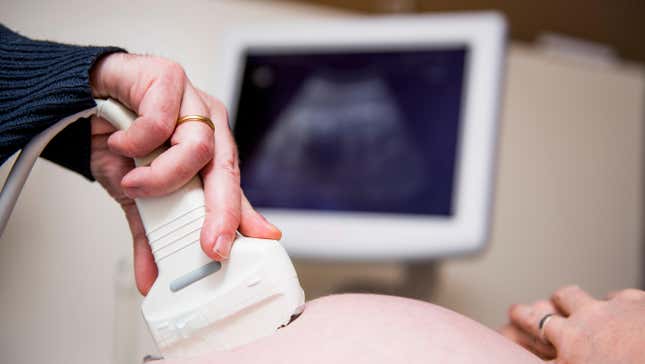Charges Dropped for Woman Cruelly Accused of Murder After Giving Birth to a Stillborn
Latest

A woman charged with murder for giving birth to a stillborn child after taking methamphetamine had those charges dropped by a California judge on Thursday.
The judge, Robert Burns, dismissed the case on the grounds that there was insufficient evidence to suggest that the woman, 26-year-old Chelsea Becker, had taken the drugs with the intention of terminating the pregnancy. The ruling, however—while a victory for Becker—did not preclude the possibility that another pregnant person might find themselves in her exact position in the future. According to the New York Times, Becker’s lawyers interpreted the decision as leaving “open the possibility that other women in similar situations could face murder charges.”
The ruling also did not come soon enough to prevent Becker, who was arrested in 2019, from spending more than a year in jail on a $2 million bond (only later reduced from $5 million).
-

-

-

-

-

-

-

-

-

-

-

-

-

-

-

-

-

-

-

-

-

-

-

-

-

-

-

-

-

-

-

-

-

-

-

-

-

-

-

-








































